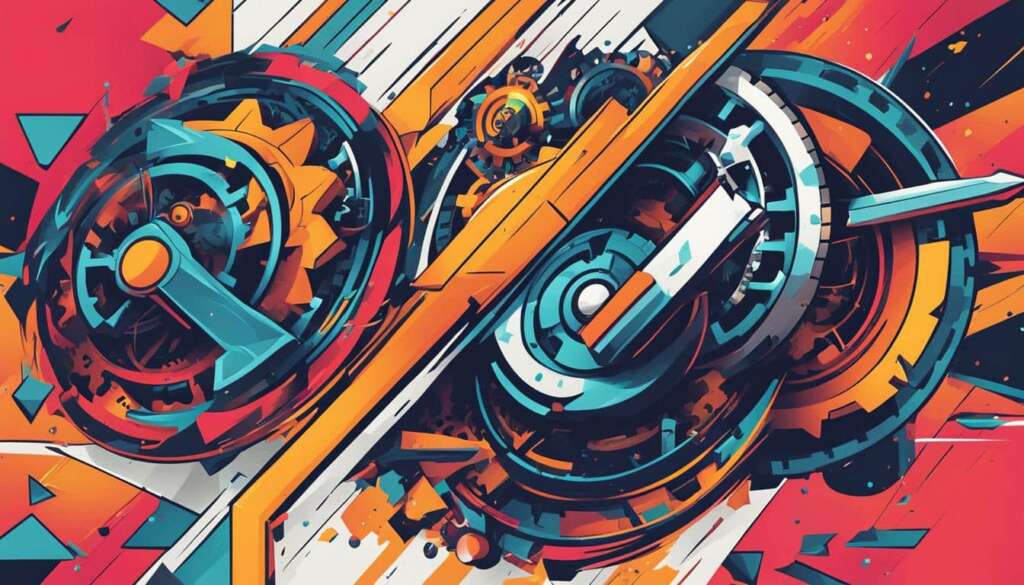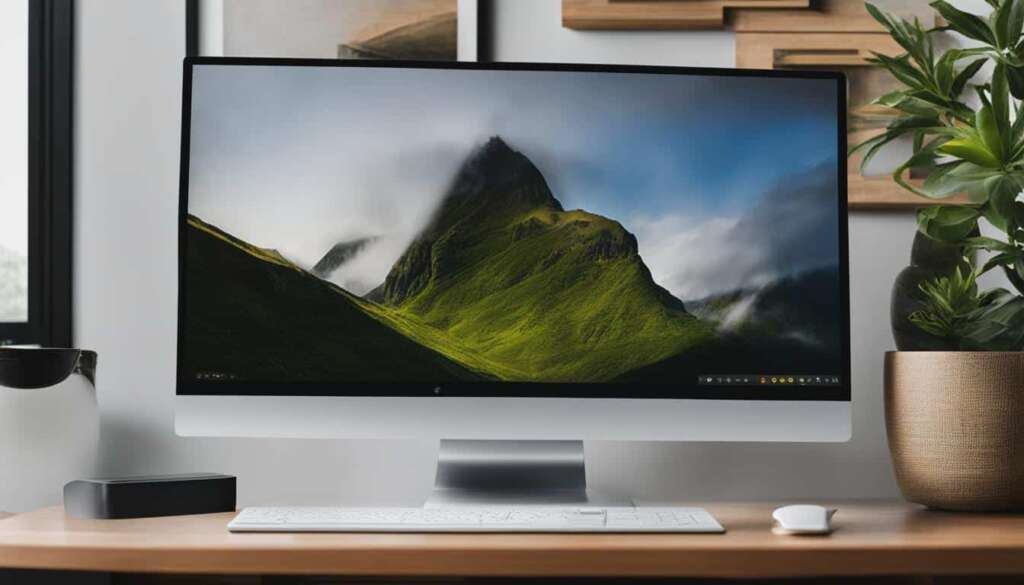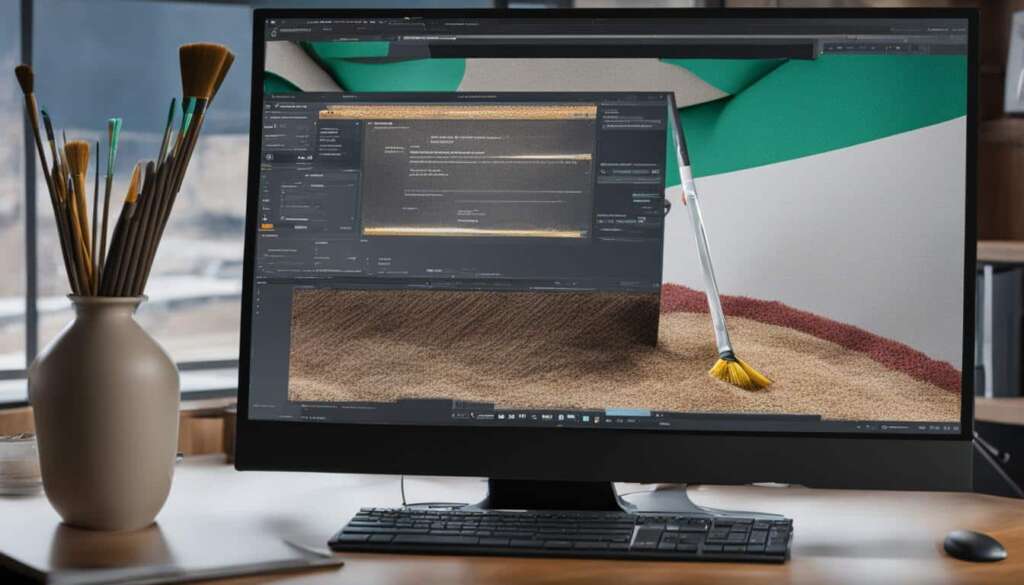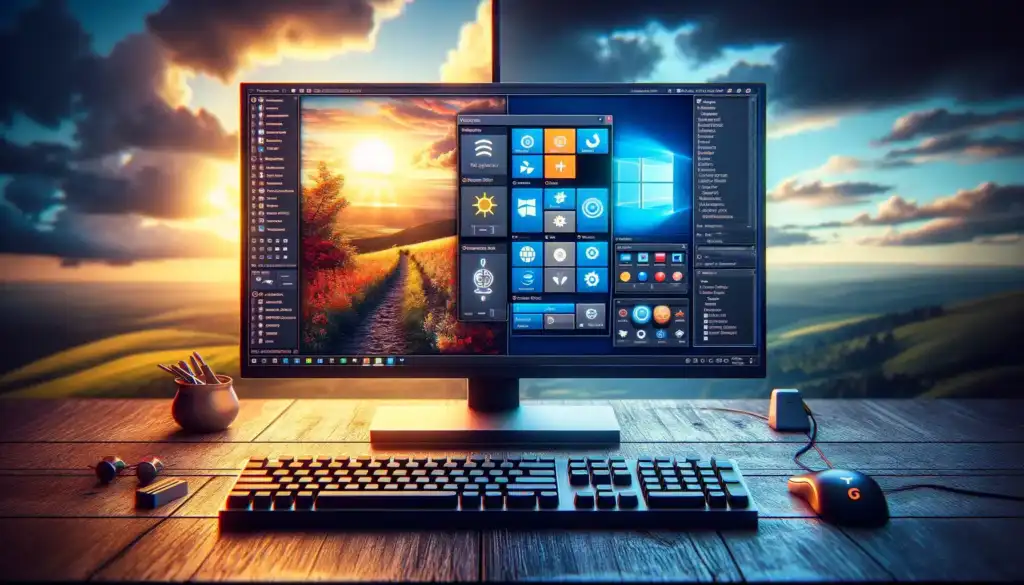Table of Contents
Are you tired of your sluggish PC? Do you want to improve its performance and boost its speed? Look no further! In this article, we will share valuable tips and techniques on how to make your PC faster and enhance its overall performance. Whether you use Windows 10 or the latest Windows 11, these methods are applicable across different operating systems.
Before we dive into the tips, it’s important to note that our focus is on optimizing PC performance without compromising appearance and functionality. We won’t be suggesting the disabling of visual animations or other features that may affect your user experience. Now, let’s get started with some proven strategies to supercharge your PC!
To begin with, regularly updating your operating system is essential for improved performance. This includes installing hardware driver updates, which can enhance compatibility and efficiency. Keeping your PC up to date is the first step towards a faster and smoother experience.
Next, it’s time to tackle unnecessary software, often referred to as bloatware or crapware. These programs hog system resources and slow down your PC. By uninstalling them, you can significantly boost system speed. Be cautious when using registry cleaners, as they can lead to malware. Instead, opt for a cautious approach and remove only what you know to be unnecessary.
Another effective way to enhance your PC’s speed is by limiting startup processes. Many programs install side processes that run automatically when you start your PC. These processes consume valuable resources and extend the boot time. By disabling unnecessary startup programs, you can free up resources and improve the overall performance of your PC. Task Manager in Windows 10 and 11 provides a convenient way to manage these programs.
Now, let’s move on to cleaning up your disk. Over time, temporary files, offline web pages, and installer files can accumulate on your PC, occupying valuable storage space and slowing down your system. By removing these unnecessary files, you can optimize your storage and improve system performance. Windows offers a built-in utility called Disk Cleanup that can help with this task. Additionally, for users with traditional hard drives, regular disk defragmentation can further optimize storage.
In upcoming sections, we will explore more techniques to make your PC faster. So stay tuned and get ready to transform your sluggish PC into a high-performing machine!
Uninstall Crapware
New computers often come with pre-installed unnecessary software, commonly referred to as crapware or bloatware. These programs can slow down the system by consuming valuable resources. Uninstalling these unwanted apps can significantly improve system performance.
Users can uninstall crapware by right-clicking on the app icon in the Start menu or using the Programs and Features option in the Control Panel. Sorting the list of installed apps by PC maker, recent installations, or size can help identify and remove unnecessary programs. It is also recommended to remove any unwanted software that was installed alongside desired programs.
By removing crapware and unnecessary software, you can free up storage space and optimize your system, leading to a faster and more efficient PC. Boost your system performance by eliminating these resource-hogging programs and enjoy a smoother computing experience.
Limit Startup Processes
Many programs install side processes that run automatically at PC startup, consuming resources and slowing down the system. Limiting these startup processes can significantly improve boot time and overall system performance.
In Windows 10 and 11, users can manage startup programs directly in the Task Manager. By switching to the Startup tab, users can view and disable programs that run at startup. The Task Manager provides information about the impact of each program on startup time, making it easy to identify unnecessary processes. Right-clicking on an entry allows users to disable it. Disabling programs that are rarely used or not required at startup can free up resources and improve the overall performance of the PC.
| Steps to Limit Startup Processes |
|---|
| 1. Open Task Manager by pressing Ctrl + Shift + Esc or by right-clicking on the taskbar and selecting Task Manager. |
| 2. Switch to the Startup tab. |
| 3. Review the list of programs that run at startup. |
| 4. Right-click on any unwanted program and select Disable. |
| 5. Repeat step 4 for all unnecessary programs. |
The following image illustrates the Task Manager’s Startup tab:
Clean Up Your Disk
Over time, the accumulation of temporary files, offline web pages, and installer files on a PC can occupy valuable storage space and slow down the system. Cleaning up the disk by removing these unnecessary files can improve system performance.
Windows provides a built-in utility called Disk Cleanup that scans for and removes unwanted junk files. Users can access Disk Cleanup by typing its name in the Start menu or searching for it. Additionally, optimizing the storage usage by enabling the Storage Sense option can automatically remove temporary files and Recycle Bin items.
For users with traditional hard drives, regular disk defragmentation can also help optimize storage and improve system performance. However, this is not necessary for SSDs, as they do not require defragmentation.
FAQ
How can I make my PC faster and boost its speed?
There are several methods you can use to improve your computer’s performance. You can regularly update your operating system, uninstall unnecessary software, limit startup processes, clean up your disk, add more RAM, install an SSD startup drive, check for viruses and spyware, adjust power settings, run troubleshooting tools, and disable unnecessary visual effects.
How do I uninstall crapware or unnecessary software?
To uninstall crapware or unnecessary software, you can right-click on the app icon in the Start menu or use the Programs and Features option in the Control Panel. You can sort the list of installed apps by PC maker, recent installations, or size to help identify and remove unnecessary programs. It is also recommended to remove any unwanted software that was installed alongside desired programs.
How can I limit startup processes to improve my PC’s boot time?
In Windows 10 and 11, you can manage startup programs directly in the Task Manager. Switch to the Startup tab to view and disable programs that run at startup. The Task Manager provides information about the impact of each program on startup time, making it easy to identify unnecessary processes. Right-clicking on an entry allows you to disable it. Disabling programs that are rarely used or not required at startup can free up resources and improve the overall performance of your PC.
How can I clean up my disk to improve system performance?
You can clean up your disk by removing temporary files, offline web pages, and installer files that accumulate over time. Windows provides a built-in utility called Disk Cleanup that scans for and removes unwanted junk files. You can access Disk Cleanup by typing its name in the Start menu or searching for it. Additionally, enabling the Storage Sense option can automatically remove temporary files and Recycle Bin items. For users with traditional hard drives, regular disk defragmentation can also help optimize storage and improve system performance. However, this is not necessary for SSDs, as they do not require defragmentation.













